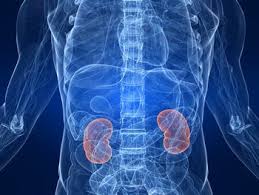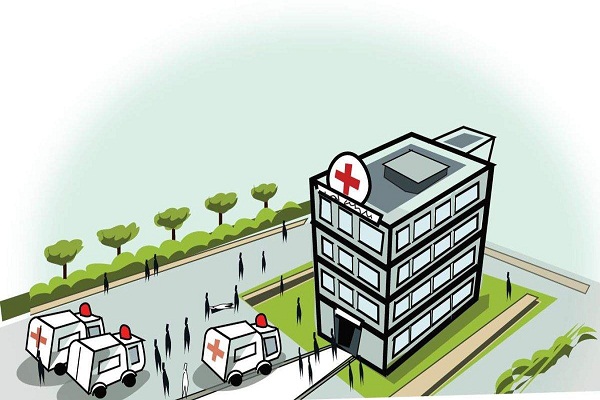
“Increased intake of water spread throughout the day can reduce the stone recurrence by at least half with no health hazards at all. However, people who already drink the recommended amount of liquids, or when increased fluid intake is contraindicated, should not increase their fluid intake,”said Dr. David Fleming, president of the American College of Physicians (ACP)

About 13% of men and 7% of women in the US will have a kidney stone at some point in their lifetime. A kidney stone is the result of tiny crystals sticking together in urine to form a lump large enough to cause severe pain when urinating. It can also cause other problems like bleeding and damage to the kidney.
Research shows that without treatment, there is a 35-50% chance of patients having another kidney stone within 5 years of the first one.
While drug and dietary treatments are often recommended, it is not clear whether these can prevent kidney stone recurrence. Also, doctors often test a stone to find out what it is made of, as they believe it can guide treatment to prevent future stones. However, the ACP say it is not clear whether this is useful.

To arrive at the new guidelines, the ACP carried out a review of scientific evidence published between 1948 and 2014. This took into account the benefits and harms of drug and dietary treatments to prevent recurring kidney stones.
Reducing cola, dietary protein consumption might help prevent further kidney stones
The reviewers found some evidence that reducing intake of cola drinks might help prevent further kidney stones. However, they did not find evidence to suggest tap water was any better or worse than a specific brand of mineral water.
There is evidence that thiazide diuretics, citrates or allopurinol effectively reduce recurrence of kidney stones made of calcium in patients with at least two past stones. Kidney stones made of calcium are the most common type.
However, the ACP note that “the quality of available research varies, and studies comparing one treatment with another are limited.”
The ACP reviewers claims that patients already receive advice about diet changes to prevent any formation of kidney stones. This includes minimizing of foods containing oxalate like beets, rhubarb, spinach, strawberries, nuts, chocolate, tea and wheat bran.
The guidelines also state that minimizing animal protein and purines (compounds that break down into uric acid), and maintaining normal dietary calcium.
Be a part of Elets Collaborative Initiatives. Join Us for Upcoming Events and explore business opportunities. Like us on Facebook , connect with us on LinkedIn and follow us on Twitter , Instagram.













